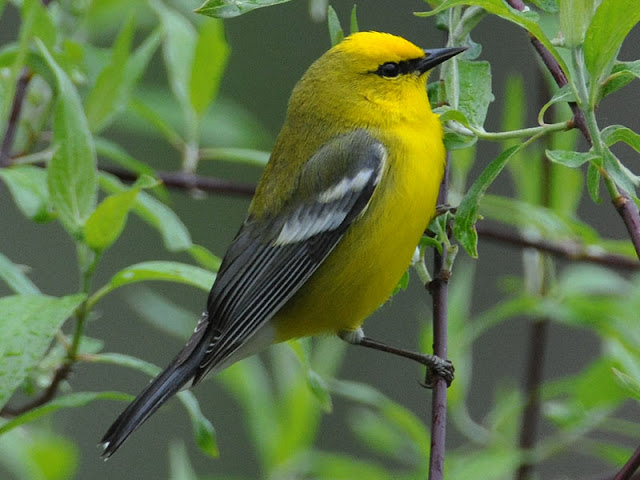For the second time this month, I've met an interesting birder looking at waders down on the bay. A postgraduate student, he's making a study of the effects of human disturbance on the birds. The project itself is not remarkable and I suspect his results will turn out to prove the obvious; what's much more interesting is that he's from Iraq. With the troubles far from over, we talk openly about the war, but conversation soon reverts to natural history. We speak the same language of conservation. He tells me about the great devastation of marshes in southern Iraq and recent attempts to begin restoring some of the damage. He talks about the effects of the war on the desert and much more. He's hungry to learn about the conservation movement in the West and amazed at our sophisticated infrastructure and increasing political influence.
We watch the few shorebirds together. A small flock of Ringed Plovers flies to and fro, restless in the face of several dogs running in and out of the sea. We marvel at a quite exceptional summer plumage Black-tailed Godwit and my new friend can't get over the smart Oystercatcher flock resting on the sandbar in the mellow evening sunlight. I'm struck by how the beauty of nature transcends culture; it belongs to us all and perhaps if we paid more attention to this, we might reduce conflict and get on with saving the planet for future generations to enjoy.
We exchange email addresses, but forget to exchange names. No matter, we'll meet again soon.




























